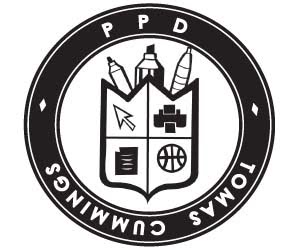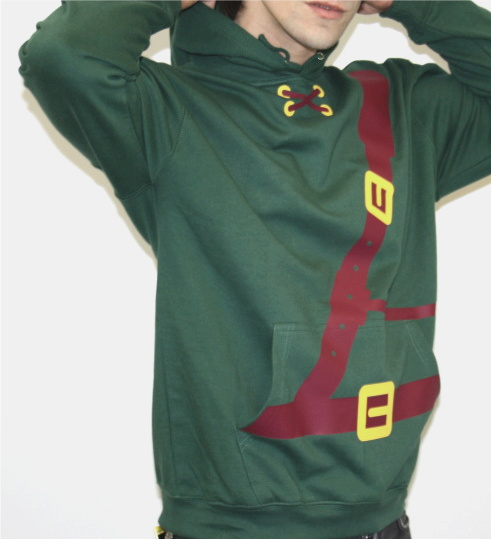What is professional / industrial experience?
- Gaining an insight into how a company/agency works.
- How to benefit financially from my skills, and how to best apply them
- To generate a contact list/networking which would be beneficial to me and my career after the course.
- Gain an understanding of the difference in work ethics of a variety of agencies/companies.
- To see how the pros present their work.
Why is professional / industrial experience important as part of PPD?
- Prepares me for the big bad world of graphic design
- Aids me to work to my full potential in a field I am confident in/would like to be a part of in the future.
- It will give my potential future employers something relative to look at in my portfolio
- As a fledgling designer, it helps me to find out what is required of me as a practicing professional.
- Gain an invaluable list of designers/creatives that will give me a head start in the industry.
How do you gain professional / industrial experience and what form does it take?
- Ask alot of questions
- Get some visits in schedule as to view a working studio, or office, or printers to see how industry clicks.
- Live briefs/competitions to stick to deadlines and how to tackle restrictions.
- Feedback from professionals on personal portfolio.
- Aquiring a vast web of professional contacts.
What should you aim to gain from professional / industrial experience?
- To see how professionals do their own work and how I fit into the scheme of things.
- Focus of where I want to work after the course.
- A decent portfolio.
- Contacts.
- Growing confidence as an individual designer.
- Finding out costs of print jobs/processes









